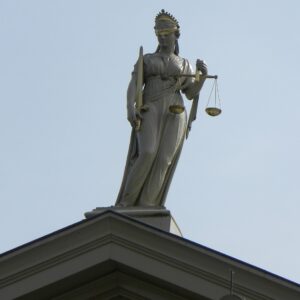Liberalism is one of the three chief political beliefs, along with conservatism and socialism. The phrase first appeared in the 1820s and soon began to influence politics. The Liberal Party in the UK rose to fame shortly after.
Liberalism has its roots in freedom. Individual rights, equality, and a free market are essential. The Separation of Power is a necessity for liberals. Ensuring equal opportunities and equal rights for all citizens is crucial for them.
Initially, liberals supported a limited government. Today, it may be the opposite. Besides, they often support higher taxes and want to address differences by creating jobs and fund welfare programs, resulting in a larger government. Hence, modern liberalism links with left-wing politics. However, a liberal can also be right-winged in some cases.

Liberalism also emphasizes the value of variety. For example, people naturally have different values and desires. Thus, the liberal ideology states that acknowledging these differences creates a stronger, more balanced society. The notion that diversity makes civilization stronger also drives liberals to accept people who follow different religions, have different sexual orientations or gender identities, have different races or ethnicities, and various other differences. Hence liberals are typically accepting of people with other political beliefs.
Finally, liberalism stresses moral duties. Namely, to improve oneself and one’s society. Hence, liberals are very open to change. So, they tend to be more progressive. But, it is not a rule. In addition, liberals believe that it is possible to improve the government and its power. Society must strive to achieve those improvements. That would result in individuals having equal opportunities. In truly liberal societies, the government is constantly progressing to meet the needs of its citizens.
History and Forms
The home of liberalism was the United Kingdom during the Age of Enlightenment. John Locke and Adam Smith are the fathers of the theory. Besides, Thomas Hobbes and John Stuart Mill are other crucial figures. Today, it has many forms:
- Classical
- Social
- Conservative
- Cultural
- Neoliberalism
- American
- National
Key Figures
- John Locke, English philosopher
- Franklin Delano Roosevelt, 32nd President of the United States
- Alexis de Tocqueville, French philosopher and aristrocrat
- John Stuart Mill, English philosopher
